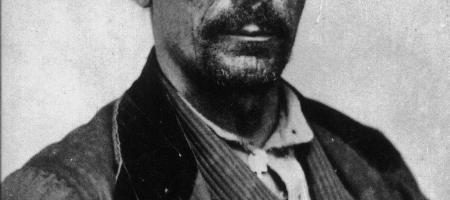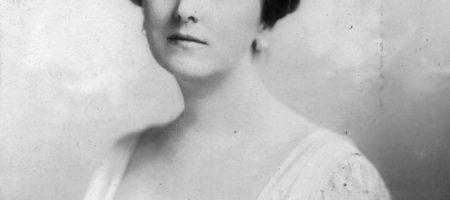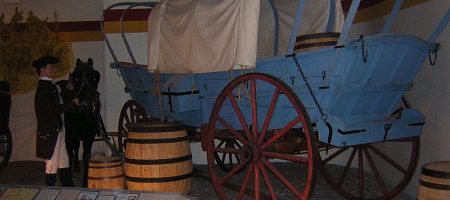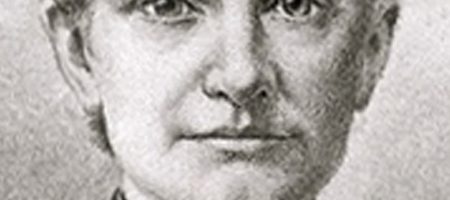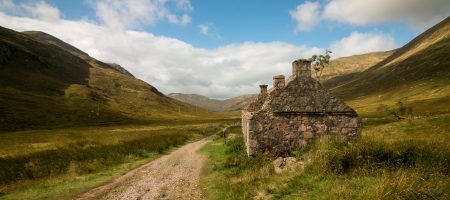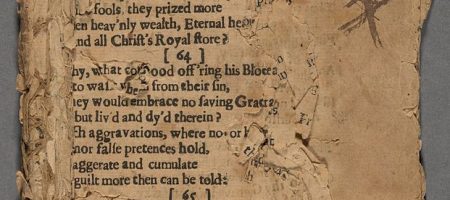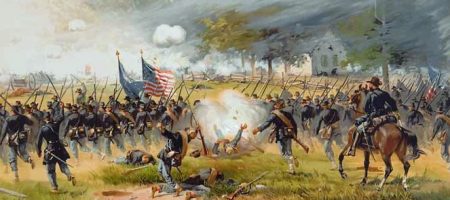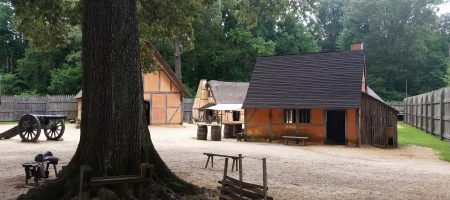Timeline 1700’s | 18th Century
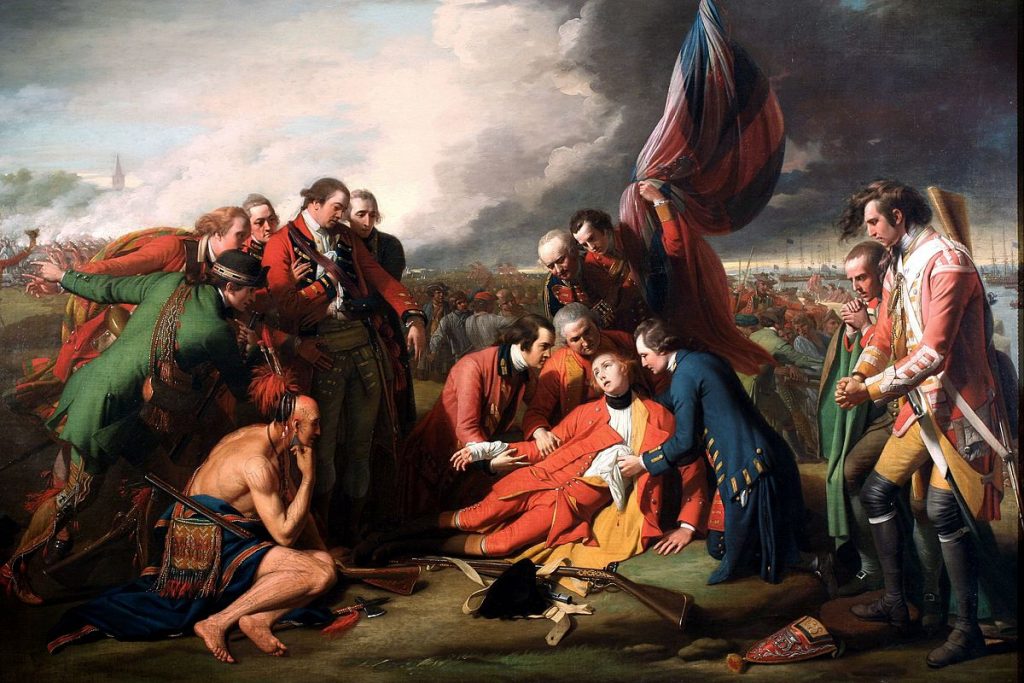 18th Century
18th Century
1732 First Great Awakening
1752 June 15 Benjamin Franklin’s kite experiment took place.
After September 2 (O.S.), the British government adopted the Gregorian calendar. All dates hereafter are given in the New Style.
1754 May 28 French and Indian War: The war began.
1764 April 5 The Sugar Act, intended to raise revenues, was passed by the British Parliament.
1765 British Parliament enacted the Stamp Act, imposing a tax on many types of printed materials used in the colonies.
March 24 The British Parliament enacted the Quartering Act, requiring the Thirteen Colonies to provide housing, food, and other provisions to British troops.
1766
May 21 The Liberty Pole was erected in New York City in celebration of the repeal of the Stamp Act.
1770 January 19 Battle of Golden Hill: Several civilians were injured following a confrontation with British troops in New York City.
March 5 Boston massacre: British soldiers fired into a crowd of protestors in Boston, killing five and injuring six.
1773 May 10 The British Parliament passed the Tea Act.
December 15 The local Sons of Liberty published Association of the Sons of Liberty in New York.
December 16 Boston Tea Party: The Boston Tea Party took place.
1774 September 5 First Continental Congress held in Philadelphia, PA. Twelve colonies attended.
1775 January 20 American Revolution: The government of Fincastle County, Virginia issued the Fincastle Resolutions, promising resistance to the Intolerable Acts.
February 27 Parliament passed the Conciliatory Resolution, addressed individually to each of Great Britain’s colonies in North America, which promised that any colony which raised taxes for the common defense and for its own civil government would be relieved of additional taxation.
March 22 American Revolution: The government of Harford County, Maryland adopted the Bush Declaration, calling for armed revolt against Great Britain.
March 23 Second Virginia Convention: In Richmond, Patriot Patrick Henry urged the provisional legislature of Virginia to begin arming militias in the speech Give me liberty, or give me death!
April 18 American Revolution: Paul Revere of the Sons of Liberty rode from Boston to Lexington, Massachusetts to warn the local Patriot militia of the approach of British forces. See §”Midnight Ride”
April 19 Battles of Lexington and Concord: After attacking militias loyal to the Massachusetts Provincial Congress in Middlesex County, Massachusetts, British forces were made to withdraw to Boston.
Second Continental Congress: The Congress elected John Hancock president.
June 15 Second Continental Congress: The Congress unanimously chose to appoint George Washington commander-in-chief of the Continental Army.
June 17 Battle of Bunker Hill: The British army captured the hills surrounding Boston from colonial forces at a disproportionate cost in casualties.
August 29 1775 Newfoundland hurricane: A hurricane made landfall in North Carolina which would kill some two hundred people in North Carolina and Virginia.
New Hampshire ratified the first state constitution.
December 19 The Continental Army entered its winter quarters at Valley Forge
1789 United States presidential election, 1789: The election took place.
March 4 The United States Constitution came into effect.
April 30 First inauguration of George Washington: George Washington was inaugurated as President in New York City.
1790 May 26 The Southwest Territory (a/k/a Territory South of the River Ohio) is created from North Carolina’s Western frontier lands.
May 29 Rhode Island, by a margin of 3%, became the thirteenth state to ratify the Constitution.
1791 The United States Bill of Rights was ratified.
The First Bank of the United States was chartered.
The independent Vermont Republic was admitted to the Union as Vermont, becoming the fourteenth state.
1792 Kentucky County, Virginia became the fifteenth state of Kentucky.
November 2 – December 5 U.S. presidential election, 1792: Washington was reelected President. John Adams was chosen as Vice President.
1793 Eli Whitney invented the cotton gin.
A yellow fever outbreak occurred in Philadelphia.
1794 Whiskey Rebellion: The rebellion took place.
1796 June 1 Tennessee, formerly Southwest Territory, was admitted as the sixteenth state.
Pinckney’s Treaty was signed.
The Treaty of Tripoli was signed.
November 4 – December 7 U.S. presidential election, 1796: Adams was elected President. Thomas Jefferson was elected Vice President.
1797 Adams was inaugurated.
XYZ Affair: The affair took place.
1799 December 14 Washington died.
1800 10 May The Slave Trade Act of 1800, which forbade residents and citizens of the United States from investing in or serving aboard a ship engaged in the business of transporting slaves into the United States, was signed into law.


